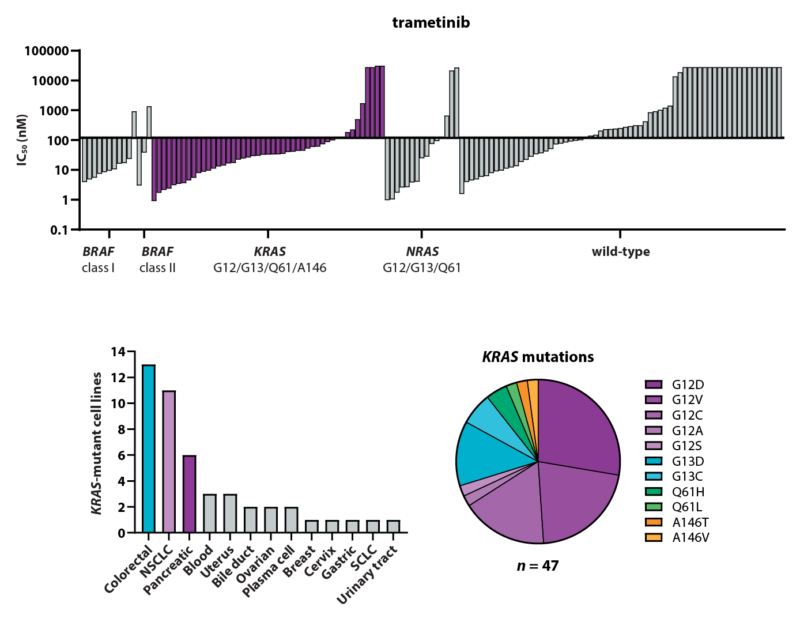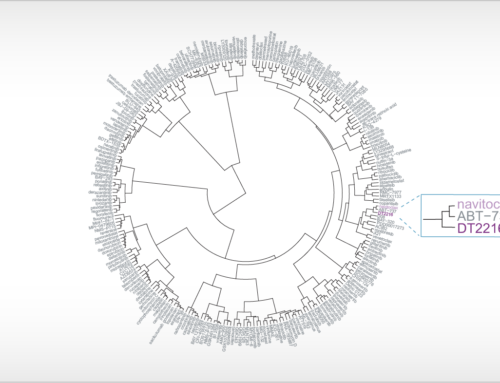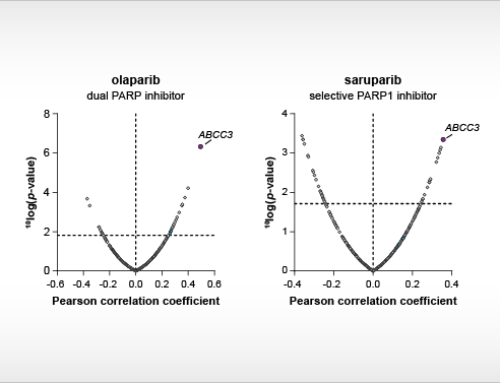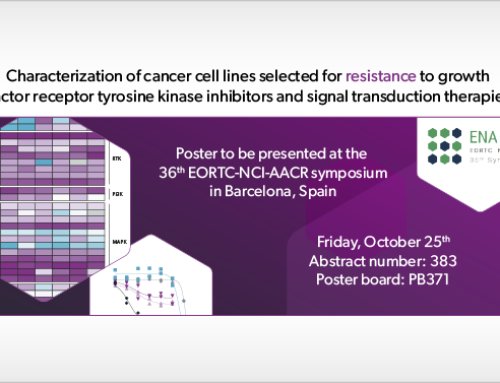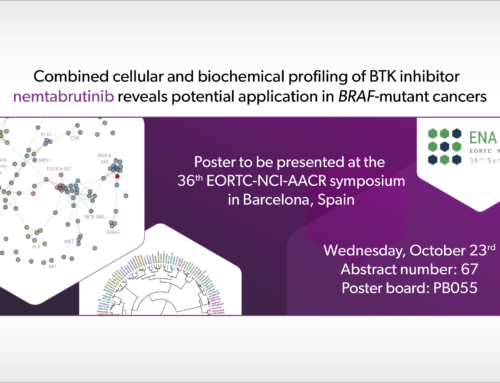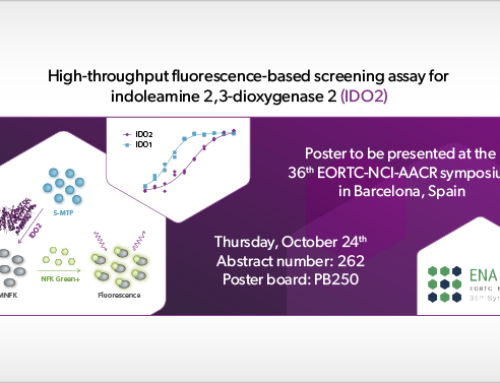The MAPK signal transduction pathway plays a key role in tumor progression. Mutations in the corresponding driver genes, such as KRAS and BRAF, are oncogenic drivers in several malignancies. Tumors driven by V600-mutated BRAF have been successfully targeted by BRAF monomer-selective small molecule drugs for more than a decade. In contrast, research on targeting KRAS has only recently seen its first successes with the approval of sotorasib and adagrasib, two drugs binding covalently to cysteine-12-mutated KRAS. Targeting KRAS-mutant cancers by inhibiting other MAPK pathway components has seen variable success in clinical trials.
Profiling of compounds in large panels of extensively characterized human cancer cell lines can help in identifying drug-sensitive and -resistant patient populations and support new drug development. At Oncolines, twenty anti-cancer agents acting on different components of the MAPK pathway have been profiled on a panel of 141 human cancer cell lines. The panel includes 47 KRAS-mutant cell lines. At the AACR Annual Meeting next week in San Diego, we will present the results of in-depth bioinformatic analyses to identify response determinants in the KRAS-mutant cell lines. On a second poster, we will present a comprehensive comparative analysis of eight RAF inhibitors on the full panel of 141 cancer cell lines.
The posters (abstract #619 and 620) will be presented on Sunday afternoon, April 7th from 1:30 to 5:00 (PST) and can be found in section 25, at poster boards 29 and 30.
Oncolines B.V. is a precision medicine services company in oncology and cancer immunotherapy. Oncolines is part of the Symeres group of companies, a group of high-quality CROs and CDMOs based in Europe and the United States.


